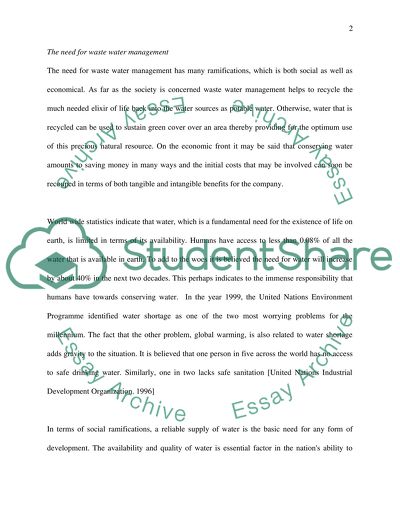Cite this document
(“Water conservation strategies according to green seal requirements Case Study”, n.d.)
Retrieved from https://studentshare.org/environmental-studies/1525158-water-conservation-strategies-according-to-green-seal-requirements
Retrieved from https://studentshare.org/environmental-studies/1525158-water-conservation-strategies-according-to-green-seal-requirements
(Water Conservation Strategies According to Green Seal Requirements Case Study)
https://studentshare.org/environmental-studies/1525158-water-conservation-strategies-according-to-green-seal-requirements.
https://studentshare.org/environmental-studies/1525158-water-conservation-strategies-according-to-green-seal-requirements.
“Water Conservation Strategies According to Green Seal Requirements Case Study”, n.d. https://studentshare.org/environmental-studies/1525158-water-conservation-strategies-according-to-green-seal-requirements.


